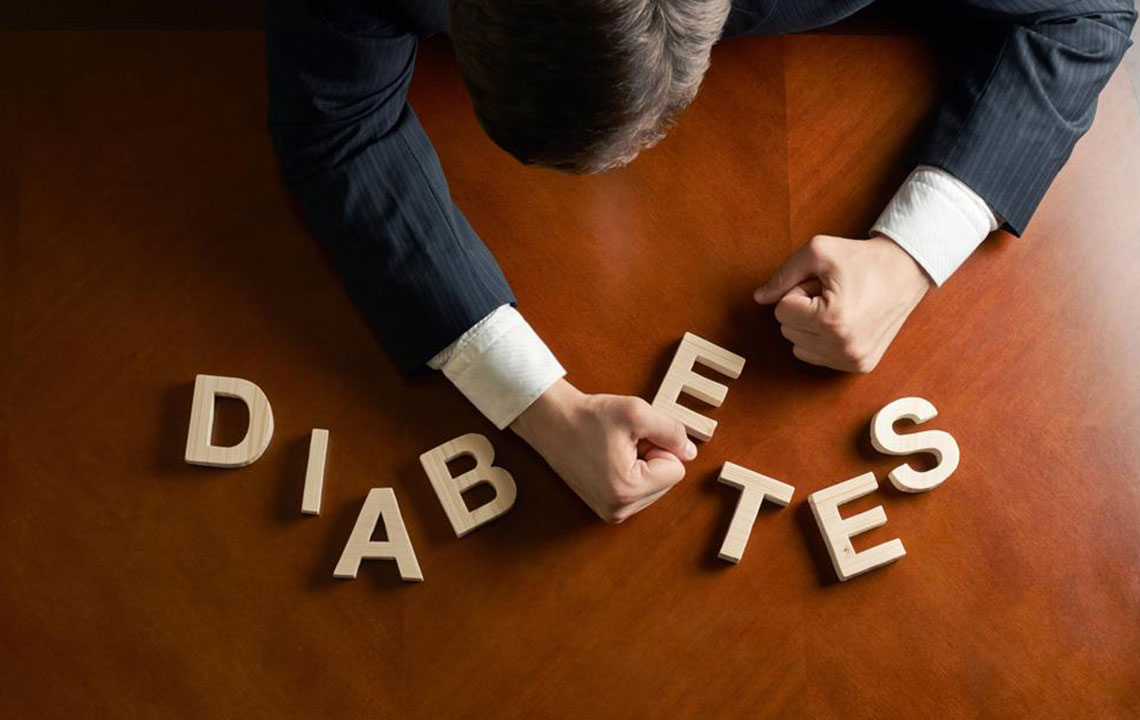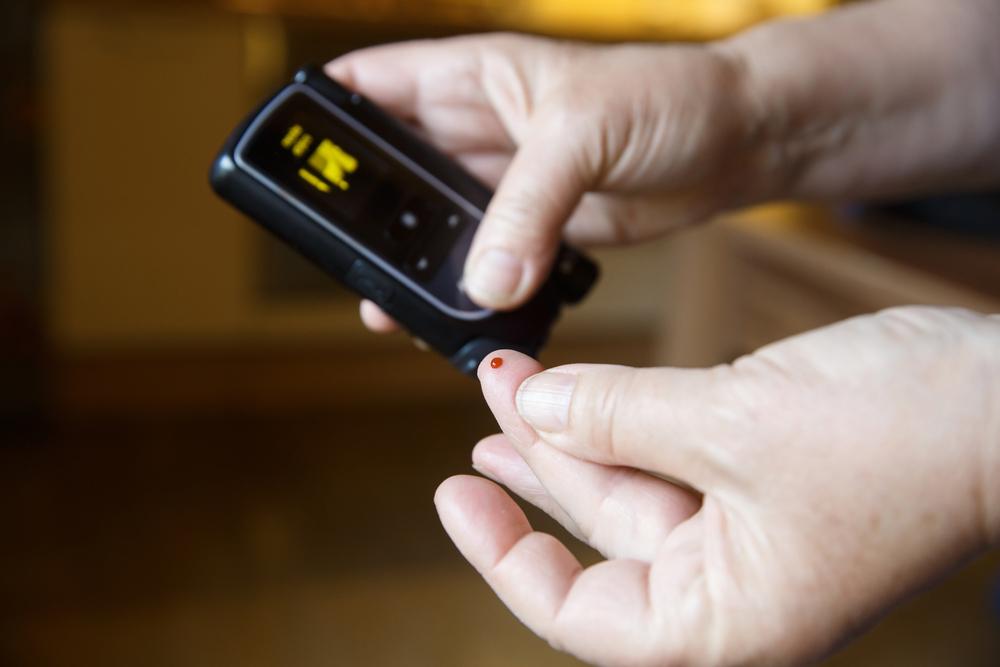Early Warning Signs of Diabetes You Should Know
Recognizing early symptoms of diabetes like fatigue, frequent urination, and dry skin can save lives. Early detection allows for better management and prevents serious complications. This article highlights key signs such as increased hunger, slow wound healing, and weight loss, emphasizing when to consult a healthcare professional. Maintaining a healthy lifestyle is crucial for prevention and control.

Early Warning Signs of Diabetes You Should Know
Diabetes is a widespread condition where the body's ability to produce or use insulin effectively is compromised. Insulin plays a vital role in converting blood sugar into energy; without it, blood glucose levels rise, leading to serious health risks. Detecting symptoms early can be difficult since they are often subtle or mistaken for other issues. Recognizing these early signs is crucial for prompt medical intervention, lifestyle adjustments, and preventing complications. Being informed helps individuals seek timely care and maintain optimal health.
Below are key early symptoms of diabetes that should not be overlooked:
Constant Tiredness and Increased Appetite
When cells can't efficiently utilize glucose due to insulin issues, energy decreases, causing fatigue. Meanwhile, the body signals hunger to compensate, resulting in persistent cravings.
Frequent Urination
High blood sugar prompts the kidneys to work overtime to filter out excess glucose, leading to more frequent urination—often more than seven times daily—causing dehydration and thirst.
Dry Mouth and Itchy Skin
To rid the body of excess sugar, more fluids are used for urine, reducing hydration and causing dryness and itching of the mouth and skin.
Yeast Infections
Elevated blood sugar levels can promote yeast growth, leading to infections in regions such as between fingers, toes, under breasts, or around genitals.
Slow Wound Healing
Poor blood circulation and nerve damage due to high blood sugar can slow recovery from cuts and injuries.
Unintended Weight Loss
Without dietary or activity changes, weight loss may occur as the body uses muscle and fat for energy when glucose isn't properly utilized.
Nausea and Vomiting
In diabetes, fat breakdown produces ketones, which can build up and lead to nausea, vomiting, and diabetic ketoacidosis—particularly in Type 1 diabetes.
When to see a healthcare provider?
If you are over 45 and experience these symptoms, visit a healthcare professional promptly. Early diagnosis enables effective treatment, reducing risks of cardiovascular issues and nerve damage. Maintaining a healthy lifestyle through balanced diet, regular exercise, stress management, and avoiding smoking and excessive alcohol intake is also essential.


